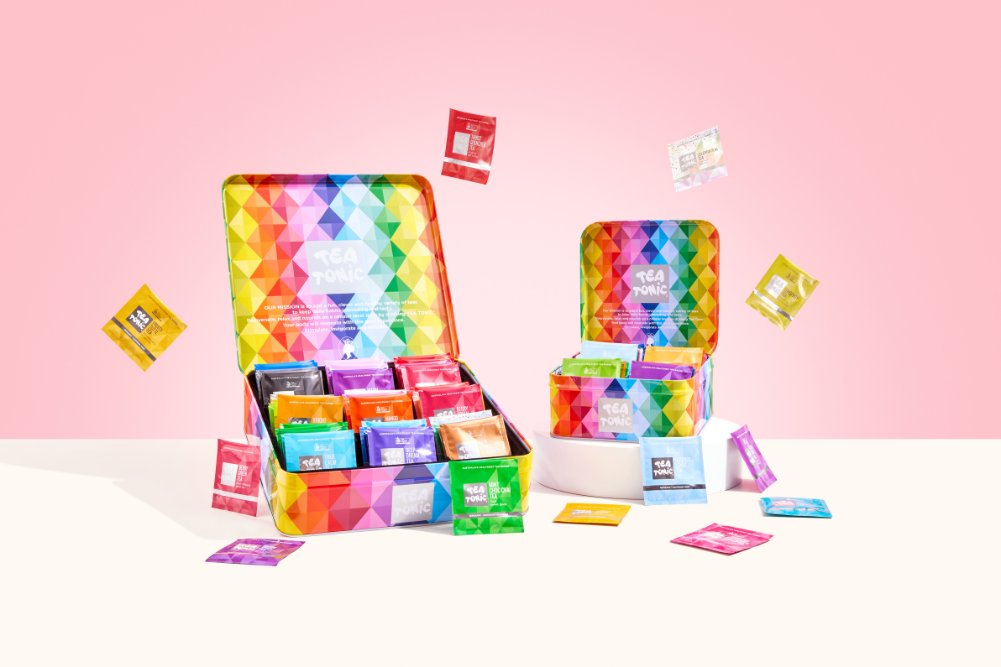As winter approaches and COVID lingers, it’s time to think about boosting your immunity
As 2020 galloped into full momentum, a large swathe of humanity suddenly found itself frozen in mid-stride, engulfed in the nightmare tsunami that has become the devastating legacy of the coronavirus.
As the year unfolded, and we allowed ourselves to collectively exhale, we came to realise that at least for the time being the heartbeat of our everyday existence has been seismically recalibrated. The air that we took so much for granted and breathed together has now become a source of our division. We now have to relate apart as social distancing, a term that was not part of our lexicon at the beginning of the year, has become the defining mode of our current daily interactions. We used to work and play together. Now we conduct our daily discourse from the relative safety of our own homes or via telephone or video connectivity — and that is for those of us who still have our jobs.
… looking to the inherent wisdom of natural remedies might be a strategy we can adopt to battle this coronavirus.
As we’ve become more savvy about protecting ourselves from the relentless tentacles of this virulent virus, we still have to remain forever vigilant. This is because the virus can remain alive on some inanimate objects for close to a week. Whatever packaging we introduce into our homes might be harbouring coronavirus. While it might sound a little like paranoia, we’ve come to understand that to safeguard our wellbeing we might need to understand that we are all shrouded in the fog of a deadly virus.
COVID-19 is a simple RNA entity, which means it has no genetic backbone or software for survival. It has to hitch a ride on our DNA in order to live. This is why it has to find an easy way to access the genetic platform that can support its existence, from where it can mount its insurgency into all of us. That’s the very point. This virus needs us to endure. Based on the advice of experts, repeatedly washing, showering and spraying has become a vital component of habitual daily behaviour to keep this menace at bay. But we’ve also discovered that there is another path we can take to halting COVID-19’s relentless run.
We once thought that exposure to a cough or a sneeze, or inadvertently contacting an inanimate object where the virus was located and placing our hands near our mouth, nose or eyes were the only routes for infection. Then we discovered that a mere exhalation might be all that is needed for this virus to survive, thrive and multiply. As the science increasingly suggested that exposure in public spaces to the air that asymptomatic infected people breathed out might be one way to unknowingly spread the virus, we’ve increasingly embraced the face masks both as a protection and a fashion statement.
We’ve come to realise that by masking up in a creative but insulating fashion we are able to dramatically diminish the spread of the virus, which appears to have significantly mitigated contagion. By doing this in various parts of the world, including this country, we have managed to abort the horrific swathe of death and destruction envisaged.
Aside from our combined contributions to neutralising the virus, virtuoso scientists like David Ho who pioneered AIDS research in his 30s are feverishly designing drugs that can prevent this virus from entering our cells, using our DNA to replicate or coming up with a safe and effective vaccine to ward off this intrepid invader — all of this in warp speed, as time is not on our side. Some of these medicines are already being rushed to the front lines and used experimentally without the hindsight of clinical trials to desperately save lives.
What’s been so difficult about neutralising coronavirus is that with all the magnificent advances in medical science we have yet to find a way to defeat and eliminate viruses. Bacteria maybe, although we’ve gone overboard with our indiscriminate deployment of antibiotics, but we have yet to come up with an antibiotic-like substance which can effectively take on viruses.
Which is why looking to the inherent wisdom of natural remedies might be a strategy we can adopt to battle this coronavirus. Zinc, quercetin, a bioflavonoid or vitamin-like substance, lactoferrin, a derivative of breast milk, astaxanthin, which gives salmon its pigment, curcumin, found in turmeric and curry, and the herb andrographis have the capacity to inhibit coronavirus. But this is in the test tube and on animals. How effective they are in humans as a treatment or preventive we’ll find out. High-dose amounts of vitamins A and C and the hormone vitamin D have also been advocated as putative preventive and treatment strategies, intravenous vitamin C treatment anecdotally showing benefits in both China and the USA.
I’ve been adhering assiduously to all the strategies I’ve laid out in Immune Apocalypse for boosting my immune system. I’m not bold enough to suggest that this is a guaranteed firewall, but in the fight to safeguard our future combining the best that natural therapies have to offer with the knowledge of our medical colleagues as well as all our combined efforts is the only chance we have.








